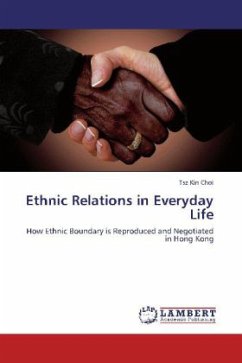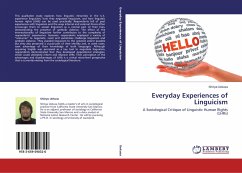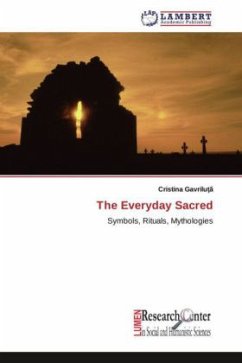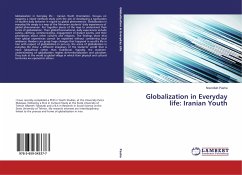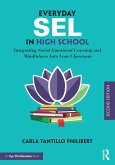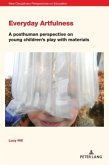Hong Kong has generally been regarded as a socially homogenous city predominately populated by ethnic Chinese. Ethnic minorities are usually absent in public discourse and ethnic relations are generally considered harmonious in the city. However, despite the lack of an institutionalized form of racism in Hong Kong, ethnic tensions do exist in the everyday life among individuals. This study is concerned about the everyday level of ethnic relations in Hong Kong. It reveals how ethnic relations are dealt with by both ethnic minorities and the local Chinese people residing in the city. In particular, the way in which ethnic boundary is constantly reproduced and negotiated by the two parties in their everyday life is examined. The South Asian communities, including the Indian, Pakistani, Nepalese and Sri Lankan communities, are selected as the target in this study because they are the largest groups of ethnic minorities and they have a long history of settlement in Hong Kong. Furthermore, by revealing the ways in which ethnic boundary can be negotiated, it is argued that there is potential for ethnic minorities to open up alternative meanings of the social category of Hong Konger .
Bitte wählen Sie Ihr Anliegen aus.
Rechnungen
Retourenschein anfordern
Bestellstatus
Storno

